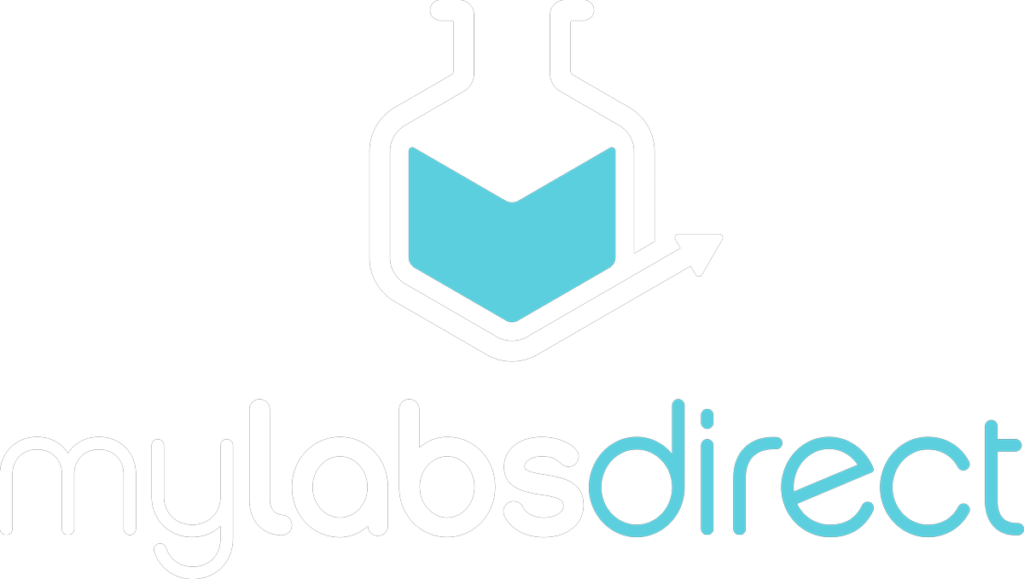Unlocking the Power of Vitamin D and hs-CRP: Managing Inflammation Naturally

Inflammation is a natural response by your body’s immune system to protect against infections and injuries. However, when inflammation becomes chronic, it can lead to various health issues. In this blog post, we will explore the fascinating relationship between vitamin D and high-sensitivity C-reactive protein (hs-CRP) and their impact on inflammation in the body. We’ll also discuss how you can optimize your vitamin D levels to promote overall health and well-being while managing inflammation effectively.
Understanding Inflammation and Its Implications
Before we dive into the role of vitamin D and hs-CRP, let’s understand inflammation better. Chronic inflammation has been linked to several chronic diseases, including heart disease, diabetes, and autoimmune disorders. Monitoring and managing inflammation is crucial for maintaining good health.
The Connection Between hs-CRP and Inflammation
High-sensitivity C-reactive protein (hs-CRP) is a marker of inflammation in the body. It is produced by the liver and is released into the bloodstream in response to inflammation. High levels of hs-CRP can indicate chronic inflammation and are associated with an increased risk of heart disease and other health problems.
Vitamin D: The Sunshine Vitamin
Vitamin D is a fat-soluble vitamin that plays a crucial role in various bodily functions, including immune system regulation. One of its lesser-known functions is its impact on inflammation. Research suggests that vitamin D may help reduce inflammation in the body by modulating the immune system’s response to inflammation triggers.
The Role of Vitamin D in Managing Inflammation
- Immune System Regulation: Vitamin D plays a vital role in regulating the immune system. It can help prevent the immune system from overreacting and causing excessive inflammation.
- Anti-Inflammatory Properties: Vitamin D has been found to have anti-inflammatory effects. It can inhibit the production of pro-inflammatory molecules in the body, helping to reduce chronic inflammation.
- Cellular Health: Vitamin D is essential for maintaining the health of cells throughout the body, which can indirectly contribute to the management of inflammation.
Optimizing Your Vitamin D Levels
Now that we understand the potential benefits of vitamin D in managing inflammation, let’s explore how to optimize your vitamin D levels:
- Sun Exposure: The sun is a natural source of vitamin D. Spending time outdoors and getting sunlight on your skin is an excellent way to boost your vitamin D levels. Aim for about 15-20 minutes of sunlight exposure a few times a week.
- Dietary Sources: Include vitamin D-rich foods in your diet, such as fatty fish (salmon, mackerel), fortified dairy products, and eggs.
- Supplements: If you have a vitamin D deficiency or have limited sun exposure, consider taking vitamin D supplements under the guidance of a healthcare professional.
- Regular Testing: Get your vitamin D levels checked regularly to ensure you are within the optimal range.
Monitoring hs-CRP Levels
To monitor your inflammation levels, hs-CRP testing is essential. Elevated hs-CRP levels can be a sign of underlying inflammation. You can now easily monitor your hs-CRP levels from the comfort of your home with the MLD Inflammation Test Kit. Your results will be sent to you within 48 hours of testing, and you can then share your results with a healthcare provider who can help you interpret them and recommend appropriate steps to manage inflammation.
Conclusion
Inflammation is a complex process that can have far-reaching consequences for your health. Understanding the relationship between vitamin D and hs-CRP can empower you to take proactive steps to manage inflammation naturally. By optimizing your vitamin D levels through sun exposure, diet, and supplements, and monitoring your hs-CRP levels, you can work towards a healthier and less inflammatory future.
Remember, always consult with a healthcare professional before making significant changes to your diet, lifestyle, or supplementation regimen, especially if you have underlying health conditions.

